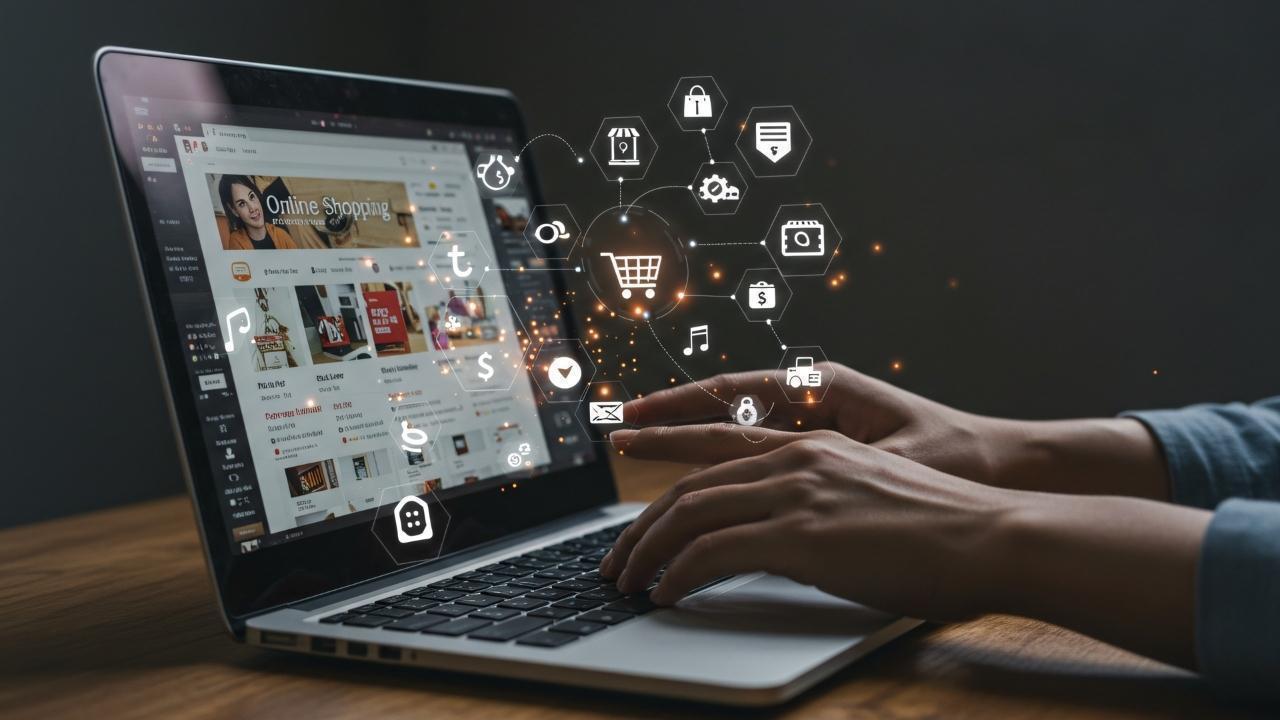
Post by : Saifi Sam
For the modern generation, social media is not just an application; it is a central pillar of life, a digital landscape where identities are formed, relationships are nurtured, and culture is created. Platforms like Instagram, TikTok, and X (formerly Twitter) have woven themselves into the fabric of daily existence for young people, fundamentally reshaping how they communicate, perceive the world, and understand their place within it. The impact of this pervasive digital environment is a complex and nuanced story, one with both powerful benefits and significant challenges. It is a story of connection and isolation, empowerment and anxiety, a global stage for self-expression that comes with the ever-present shadow of comparison.
This article explores the transformative effects of social media on youth culture, examining its role as a force for positive change as well as its undeniable contribution to new societal and mental health issues.
Social media has provided young people with a level of connectivity and access that was unimaginable just a few decades ago. It has broken down geographical barriers, allowing them to forge meaningful relationships and build communities based on shared interests rather than physical location.
For many young people, social media is a lifeline to communities where they truly belong. Whether it's a fan community for a niche video game, a support group for a specific health condition, or a space for creative collaboration, these platforms allow individuals to find others with similar passions and experiences. This is particularly vital for those living in rural or isolated areas, or for young people who feel marginalized in their local communities. Social media has become a sanctuary for self-discovery and a place to find a sense of belonging that transcends physical distance. This ability to find and build supportive communities online is a cornerstone of its positive impact.
One of the most powerful aspects of social media is its capacity to amplify voices and mobilize action. It has become the primary tool for grassroots activism, enabling young people to organize and participate in global movements on a scale never seen before. From climate strikes to social justice campaigns, social media provides a stage for young activists to raise awareness, share information, and challenge established norms. It gives them a voice in a political and social landscape where they might otherwise feel unheard. This platform for youth activism and social change is a testament to its democratic potential.
Social media has turned every young person into a potential creator and broadcaster. Platforms like TikTok and YouTube have democratized content creation, allowing young artists, musicians, writers, and comedians to build an audience and a brand without needing traditional gatekeepers. This has fueled a culture of self-expression where young people can explore their identities, experiment with different personas, and showcase their talents. The ability to receive instant feedback and validation can be a powerful motivator for personal growth and creativity.
While social media offers immense benefits, its pervasive nature has also created new and complex challenges, particularly concerning mental health and self-perception.
Perhaps the most significant negative impact of social media is the culture of comparison it fosters. Platforms are curated highlight reels where individuals present a carefully crafted, often unrealistic version of their lives. This constant exposure to the "perfect" bodies, "perfect" holidays, and "perfect" friendships of others can lead to a relentless feeling of inadequacy. The pressure to live up to these impossible standards contributes to anxiety, depression, and a decline in self-esteem among young people. This pervasive social media's impact on youth mental health is a growing concern for parents and educators alike.
The fear of missing out (FOMO) is a direct byproduct of the constant stream of updates on social media. Young people are always aware of what their friends are doing, leading to a feeling that they are constantly falling behind or missing out on fun experiences. This can lead to a feeling of digital burnout—a state of mental and physical exhaustion caused by the pressure to be constantly connected and available. It’s a relentless cycle that makes it difficult for young people to find peace and disconnect.
Social media's algorithms, designed to show users more of what they like, can create "echo chambers" or "filter bubbles." These digital environments can expose young people to a narrow range of viewpoints, reinforcing their existing beliefs and making them less tolerant of opposing ideas. This, combined with the rapid spread of misinformation and fake news, makes it difficult for young people to discern fact from fiction. The uncritical sharing of information is a serious risk, contributing to the spread of misinformation among young people and potentially impacting their understanding of the world.
The impact of social media on youth culture is a double-edged sword, and it is here to stay. The solution is not to eliminate it but to teach young people how to navigate it responsibly. The focus is shifting from simply using these platforms to mastering them.
There is a growing emphasis on digital literacy and responsible social media use in education. This includes teaching young people to critically evaluate information, understand the algorithms that shape their feeds, and recognize the signs of online manipulation and cyberbullying. Parents and educators are being urged to model healthy screen habits and have open conversations about the pressures of online life.
Ultimately, the future of social media's impact lies in the hands of the next generation. As digital natives, they have the unique opportunity to shape the culture of these platforms. By prioritizing self-awareness, setting healthy boundaries, and using social media as a tool for genuine connection and positive change, they can harness its incredible power while leaving its digital shadow behind.
Social media undeniably shapes modern youth culture, offering both opportunities and challenges. While it provides avenues for self-expression and connection, it also presents risks related to mental health and social development. By fostering awareness and promoting balanced usage, society can help youth harness the positive aspects of social media while mitigating its potential harms.
The content provided is for informational purposes only. The effects of social media on youth can vary based on individual circumstances. It is recommended to consult with professionals for personalized advice.
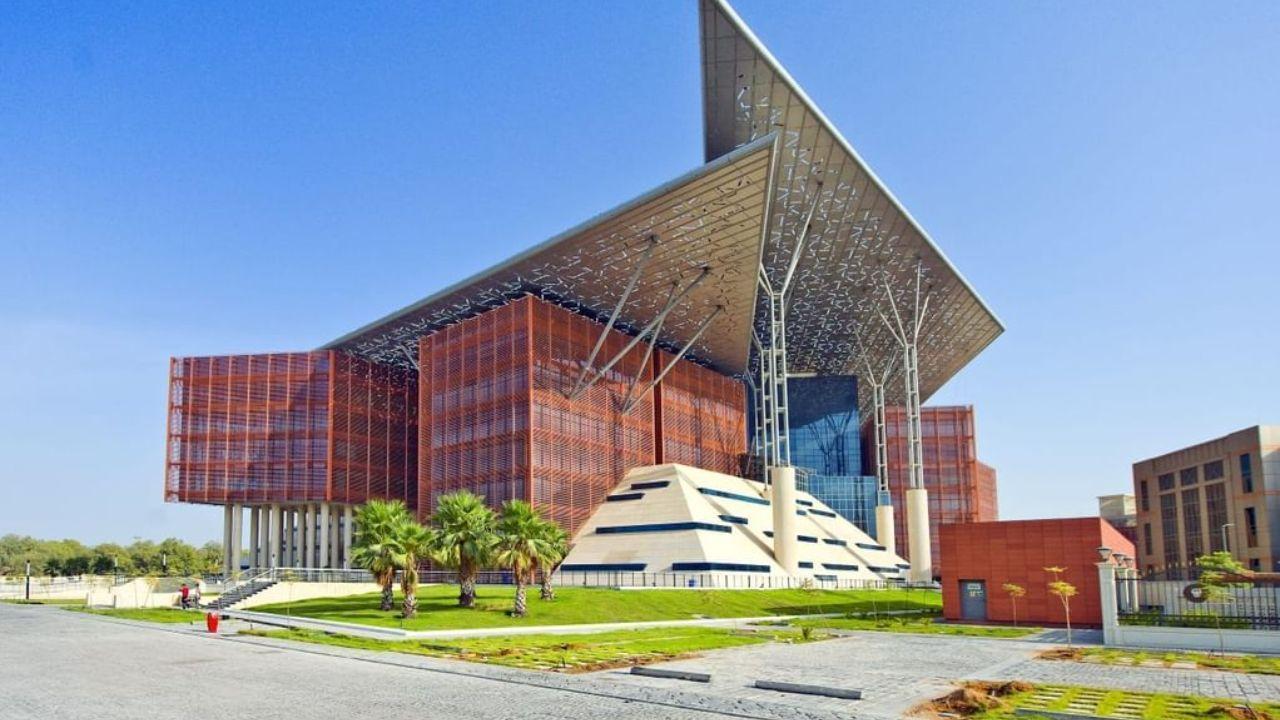

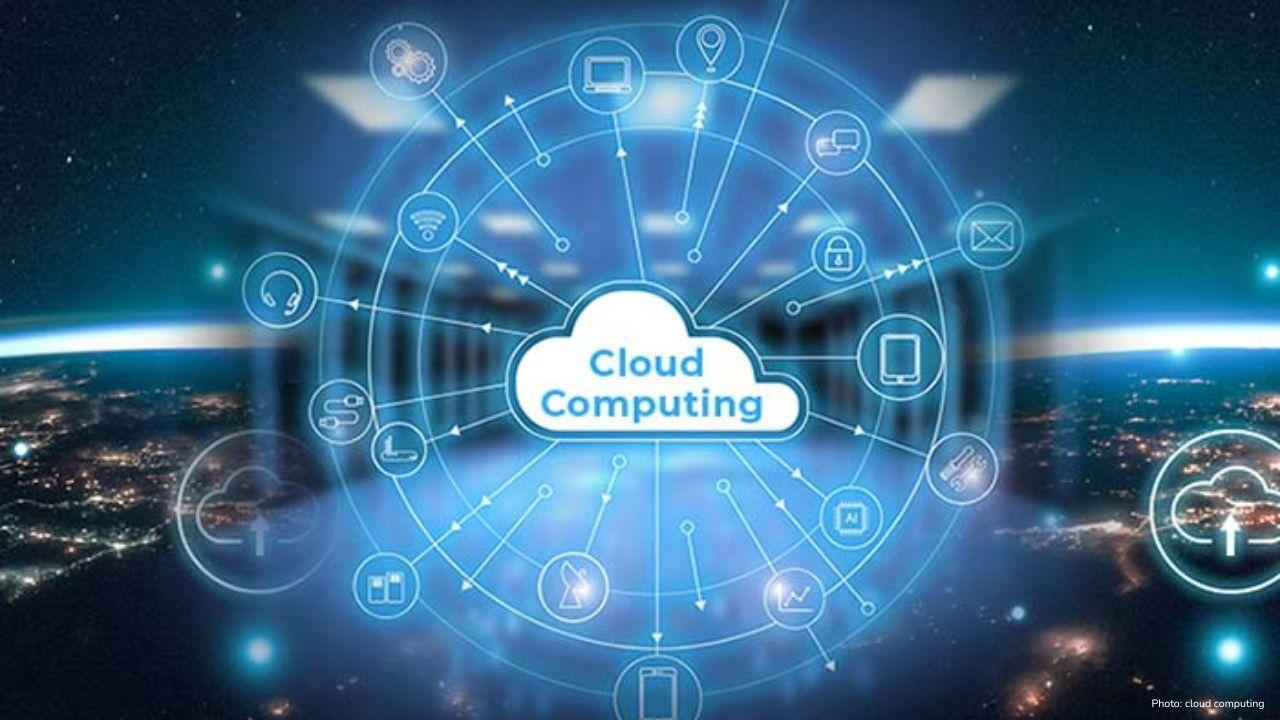

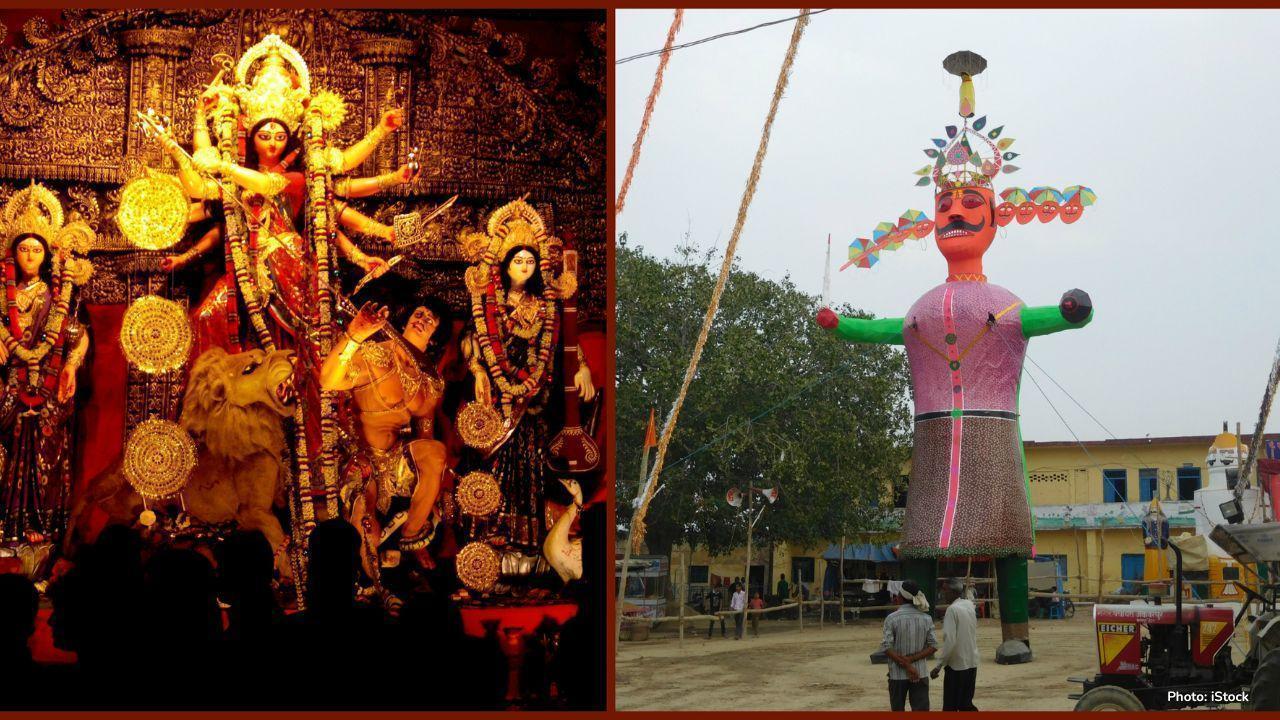

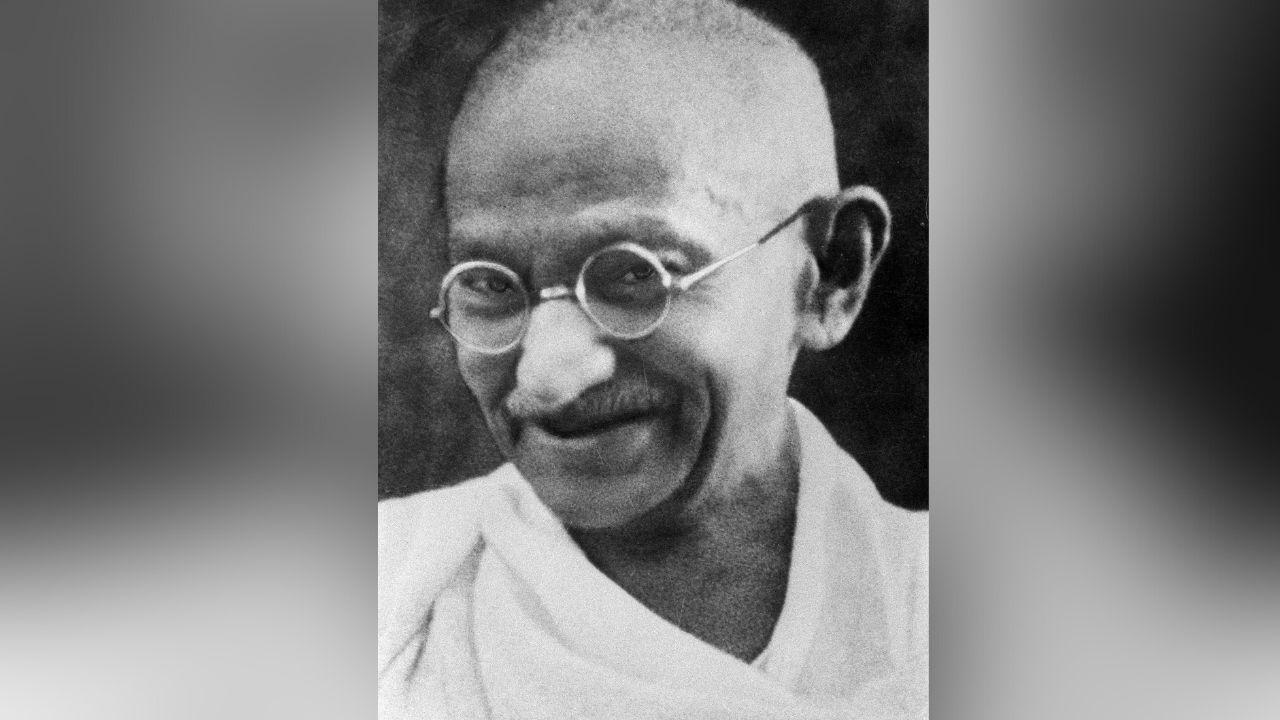



Why Dussehra Marks the End of Navratri and the Beginning of Festivities
Learn why Dussehra marks the end of Navratri, its cultural importance, and how people celebrate this

Tragic Boat Accident In Nigeria’s Niger River Kills 26 People
At least 26 people died when a boat carrying traders capsized in Nigeria’s Niger River, highlighting
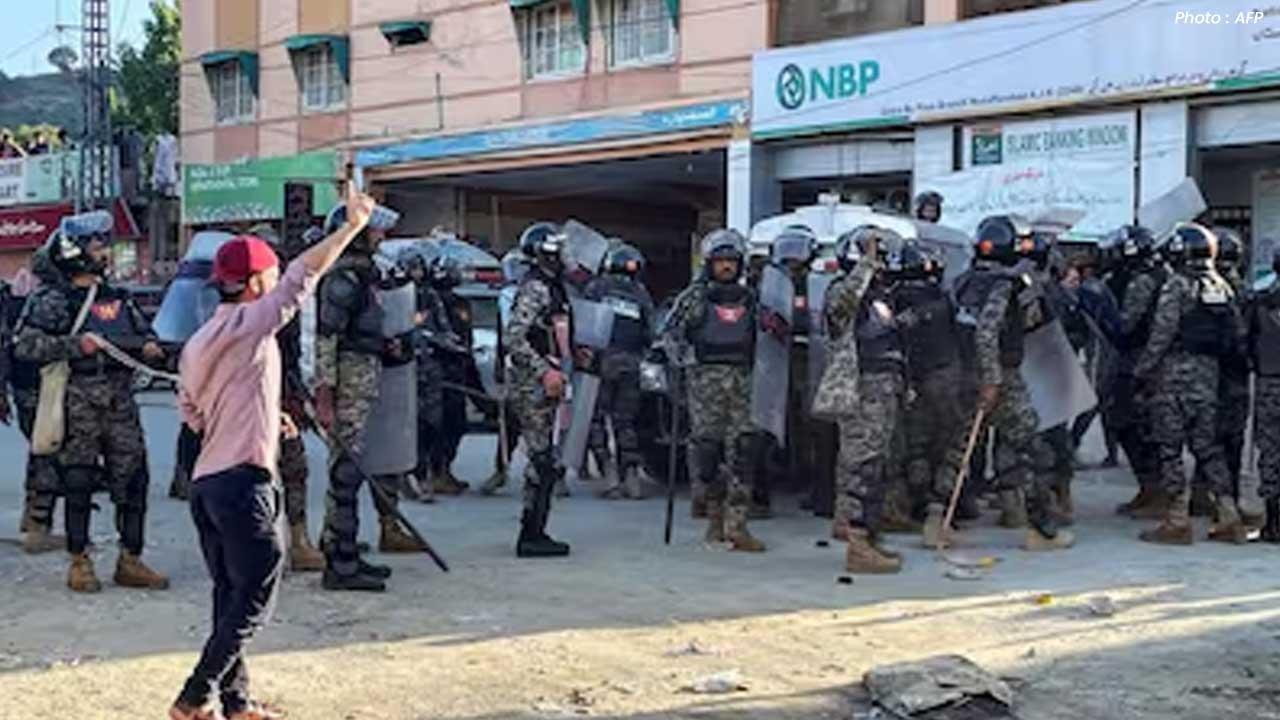
Violent Protests in PoK Leave Eight Civilians Dead
Eight civilians died in Pakistan-occupied Kashmir protests as locals demand rights, with clashes, st
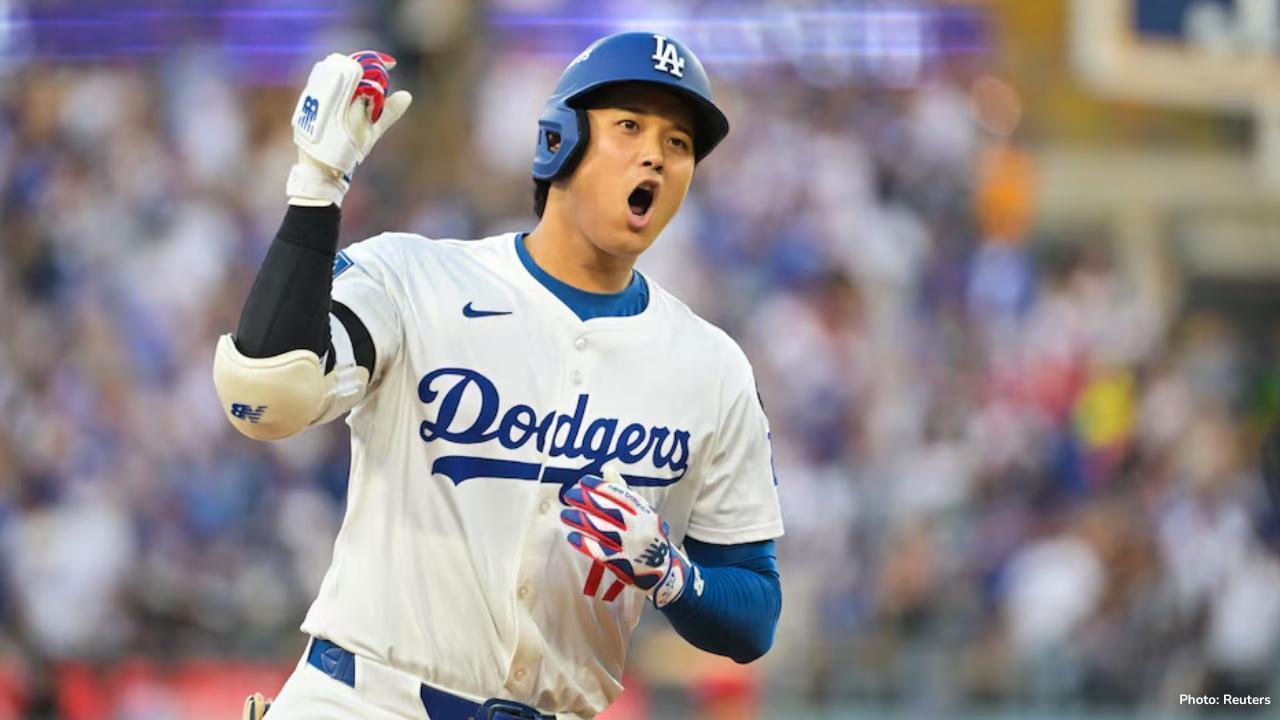
Dodgers Beat Reds 10-5 in Wild Card Series Opener
The Los Angeles Dodgers defeated the Cincinnati Reds 10-5 in Game 1 of the MLB Wild Card Series, pow
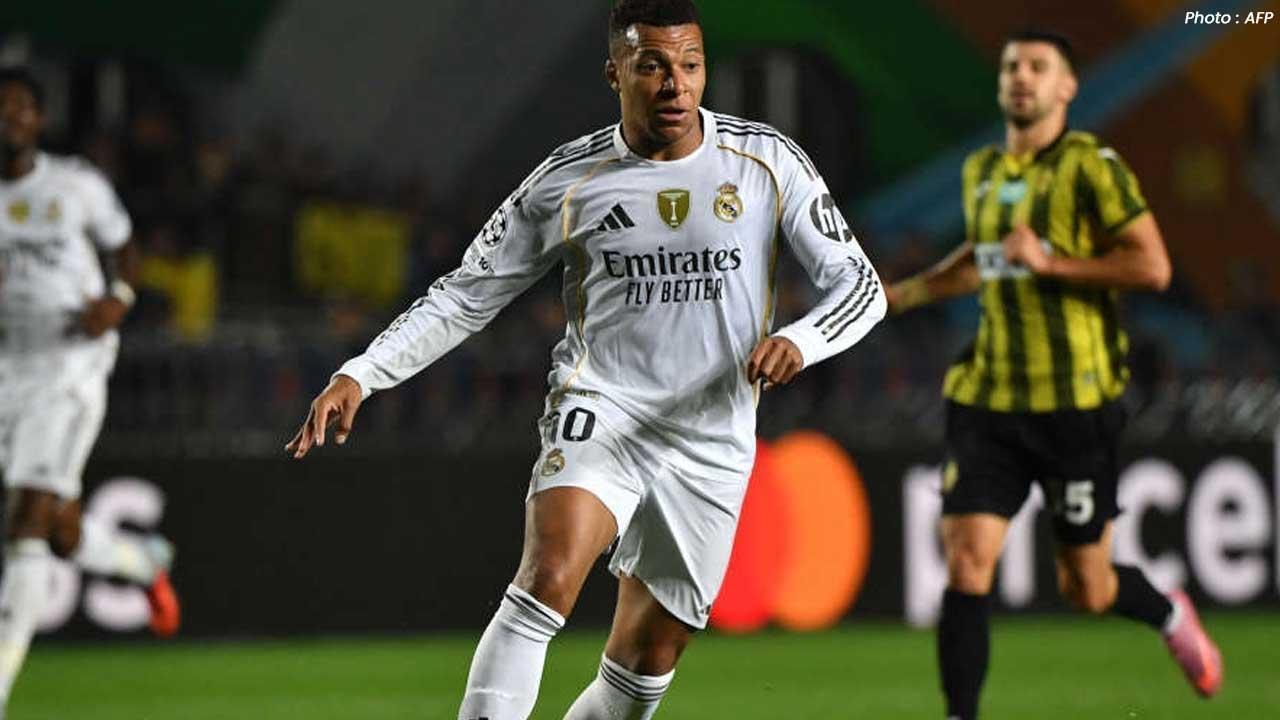
Real Madrid Thrash Kairat 5-0 with Mbappe Hat-Trick
Kylian Mbappe scored a stunning hat-trick as Real Madrid beat Champions League newcomers Kairat Alma
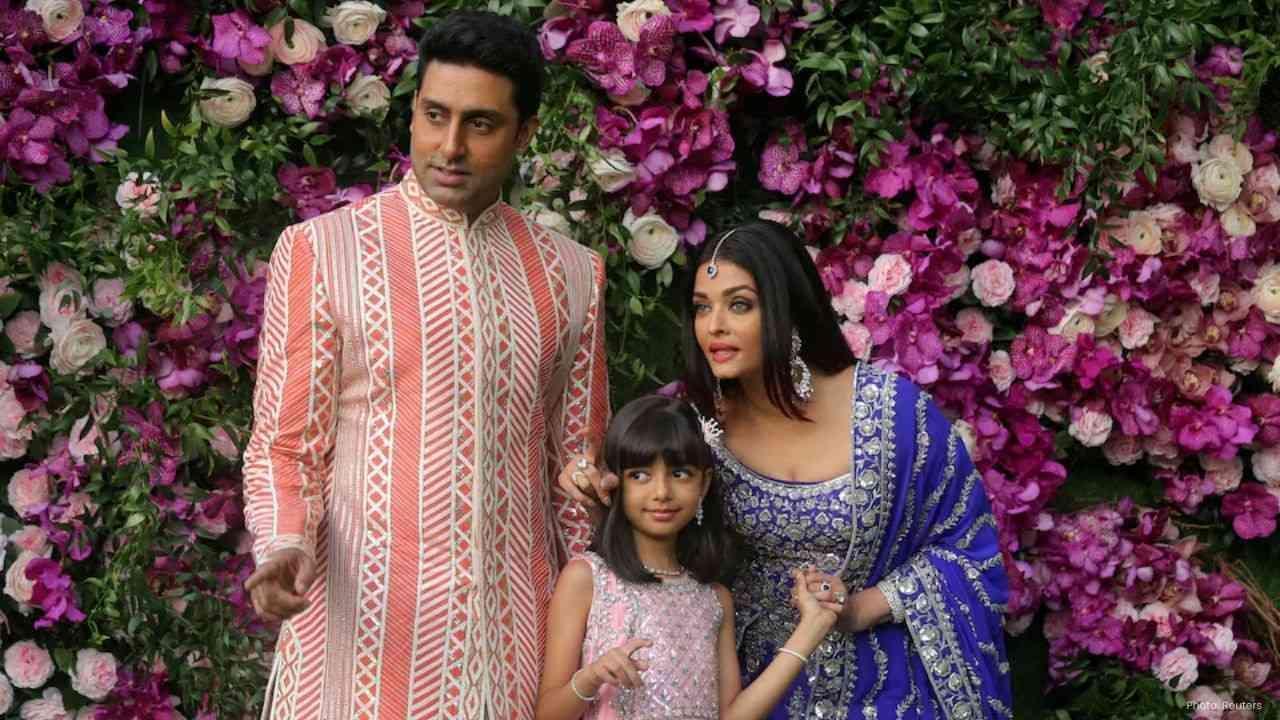
Abhishek, Aishwarya Sue YouTube Over AI Misuse in India
Abhishek and Aishwarya Rai Bachchan sue YouTube over AI videos, seeking damages, takedowns, and stro